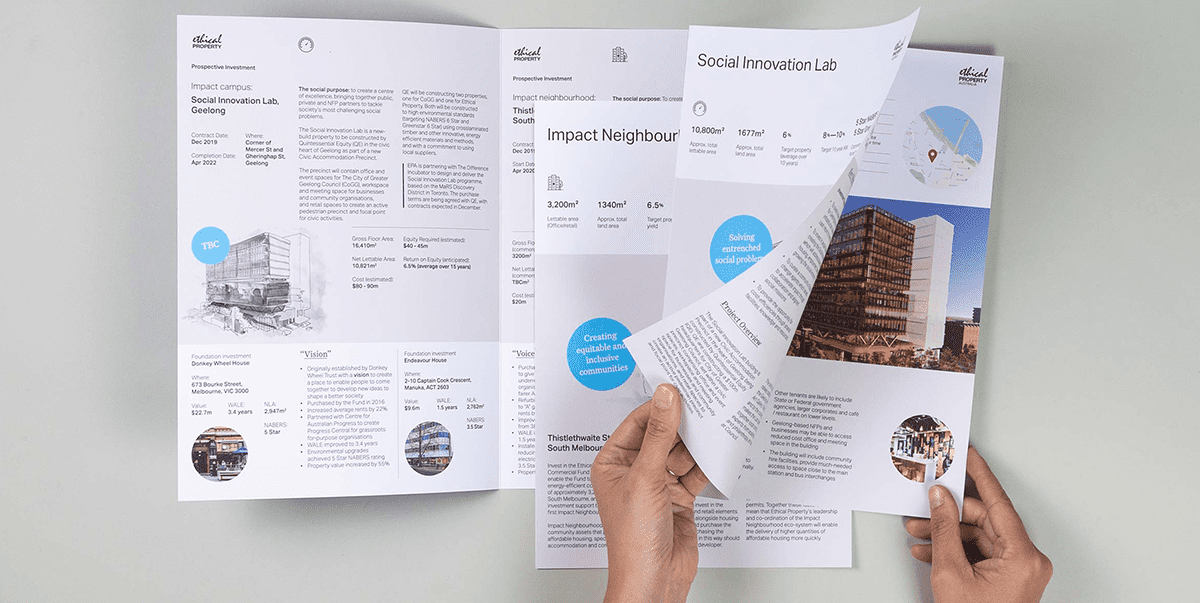
Circularity is an alternative approach to production and consumption, where materials are recycled or repurposed at the end of their lifespan. Waste is reused. Consumption occurs in biological cycles. Cycles regenerate living systems, which provide renewable resources for the economy. And ultimately, all resources are optimised – by circulating products, components and materials.
To embody the impact of circularity in design and manufacturing, we placed mycelium at the centre of our response. Mycelium is the root system of a mushroom. It transfers the soil’s essential nutrients to the body of the mushroom, before breaking them down to become more digestible.
This natural material is the perfect metaphor for circularity, as it’s compostable, and low waste to produce and use. From the designer’s perspective, its paradox holds infinite creative potential. Mushrooms are both life and death. Delicious and deadly. Life-giving and life-destroying. Genetically closer to human than plants, fungi hold inherent fascination.
So, how can we work with mycelium? From packaging to fabrics to bricks to insulation, mycelium has diverse applications. In our exhibition, IM-PERMANENT, we’ve provided an entrée to these emergent uses, while simultaneously platforming the concept of circularity to a wider audience.
Held at the Abbotsford Convent, in collaboration with RMIT University Industrial Design, this exhibition features more than 20 artworks across sculpture, apparel, lighting, architectural pieces and more. IM-PERMANENT runs from the 18-28th of May.
Event highlights include a panel discussion, Circular Matters, chaired by researcher, educator and Industrial Design practitioner at RMIT, Dr Judith Glover. In this panel, Dr Glover will discuss the future of circularity, as well as the challenges of adopting these biomaterials, with renowned sustainability, biomaterial and mycelium experts.
This partnership between Ellis Jones and RMIT Industrial Design has been an excellent collaboration between two passionate, impact-led teams. Ellis Jones has led the creative and strategic element of the exhibition, including branding, communications, design, marketing and PR, while RMIT Industrial Design has offered immense rigour in design, research, industry insights, partnerships and event activation.
By exploring material impermanence, not in the hyper consumerist sense of obsolescence, but in terms of composability, this exhibition epitomises how creativity can fuel purposeful environmental action.
Check out our case study for more information on IM-PERMANENT. Or, if you’re interested in how creative activations can support positive change for your business, get in touch with our team.

